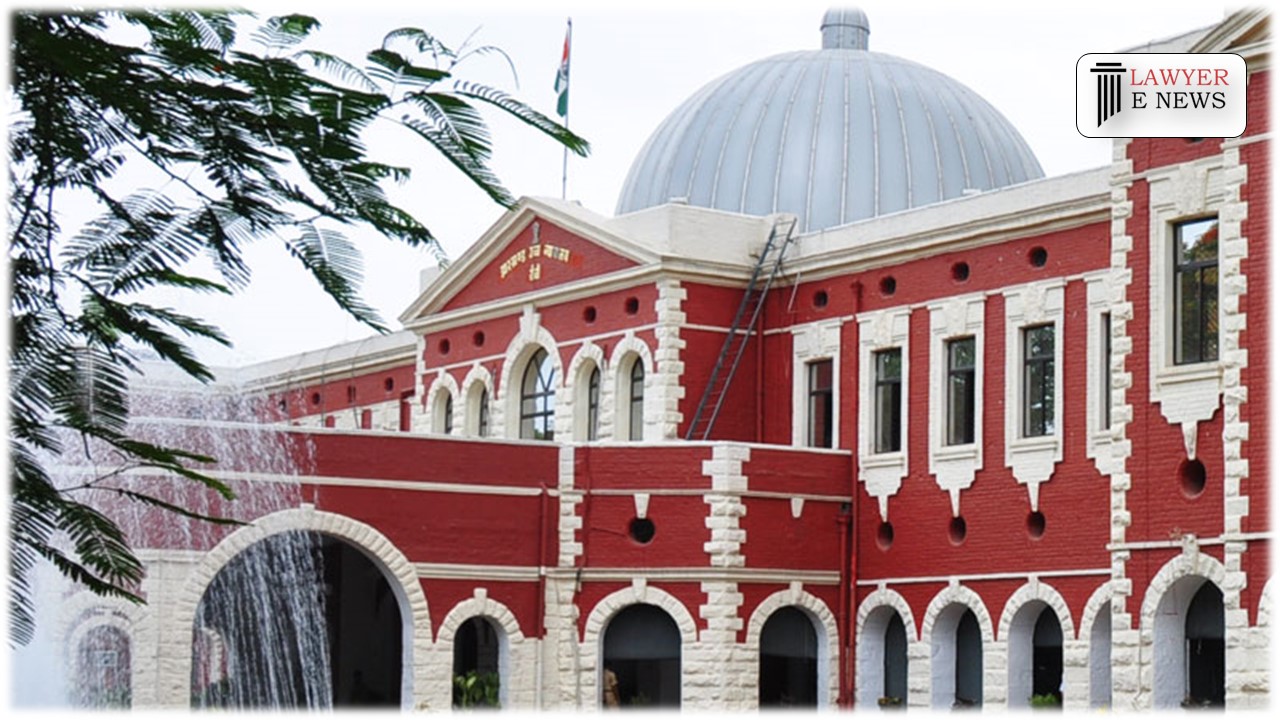-
by Admin
15 February 2026 5:35 AM



High Court of Jharkhand at Ranchi, led by Acting Chief Justice Sujit Narayan Prasad and Justice Arun Kumar Rai, dismissed two intra-court appeals filed by the State of Jharkhand in The State of Jharkhand v. Roshini Khalkho & Ors. and The State of Jharkhand v. Rina Kumari & Ors. (L.P.A. No. 57 of 2024 and L.P.A. No. 55 of 2024). The court upheld the earlier order directing the State to immediately notify elections for Municipal Corporations, Municipalities, and Nagar Panchayats, reinforcing the constitutional mandate under Article 243(U) for timely local body elections.
The primary issue concerned the State of Jharkhand's failure to conduct timely elections for urban local bodies. The terms of various municipal corporations and Nagar Panchayats in Jharkhand had expired without subsequent elections being held. Writ petitioners sought a directive to notify elections immediately in accordance with Article 243(U) of the Constitution and the Jharkhand Municipal Act, 2011.
The State of Jharkhand argued that elections could not be held without completing the "triple test formalities" for identifying seats reserved for Other Backward Classes (OBCs), as mandated by the Supreme Court in Vikas Kishanrao Gawali v. State of Maharashtra and K. Krishna Murthy (Dr.) and Others v. Union of India. The learned Single Judge, however, ruled in favor of the petitioners, directing the State to proceed with elections. The State appealed this decision, maintaining that the absence of caste-based census data prevented compliance with the "triple test formalities."
The main legal contention revolved around whether the State could delay local body elections due to the incomplete "triple test formalities" for OBC reservation.
Constitutional Mandate and Timely Elections: The court emphasized the importance of the 74th Constitutional Amendment Act, 1992, which mandates the establishment of a three-tier municipal system. The bench cited Article 243(U) of the Constitution, which stipulates a five-year tenure for municipalities, and the need for timely elections to ensure governance by elected representatives. The court observed that the object of the 74th Amendment was to restore local bodies to their rightful place in political governance and ensure regular and fair elections.
Supreme Court Precedents on OBC Reservation: While the State relied on Vikas Kishanrao Gawali and K. Krishna Murthy to argue that elections should not proceed without completing the "triple test formalities" for OBC reservation, the court referenced the Supreme Court's judgment in Suresh Mahajan v. State of M.P. which held that the constitutional mandate for timely elections is inviolable. The court stated that non-compliance with "triple test formalities" cannot justify deferring elections and that elections should proceed with OBC seats treated as general category seats if the formalities were not completed.
Triple Test Formalities and Democracy: The court criticized the State's delay in completing the triple test formalities, asserting that such delays should not impede the democratic process. Justice Sujit Narayan Prasad remarked, "We are living in a democratic set-up wherein the election is the soul of the system for the purpose of electing the representatives to govern the State said to be governance by the people by its elected representatives." The court underscored that the delay in the "triple test formalities" was due to the State's lack of diligence and could not justify hindering the democratic process.
The Division Bench upheld the learned Single Judge's order, directing the State to notify elections immediately upon receiving the State Election Commission's recommendation. The court emphasized that neither the State Election Commission, the State Government, nor the judiciary could contravene the constitutional mandate for timely elections.
The court referred to Article 243-ZA of the Constitution, which outlines the election process for municipalities, and reaffirmed the importance of local self-government. It stated that the continuation of administrators instead of elected representatives in municipal bodies undermined the democratic ethos of governance. The judges underscored the need for the State to comply with constitutional provisions, including the timely conduct of elections for local bodies, and ensure the establishment of a functioning three-tier system in urban areas.
The Jharkhand High Court’s dismissal of the State’s appeals highlights the supremacy of the constitutional mandate for regular and timely municipal elections. It reinforces the principle that the democratic process must not be stalled due to procedural delays or incomplete formalities, emphasizing that elected governance is fundamental to democracy.
Date of Decision: September 12, 2024
The State of Jharkhand v. Roshini Khalkho & Ors. and The State of Jharkhand v. Rina Kumari & Ors.
